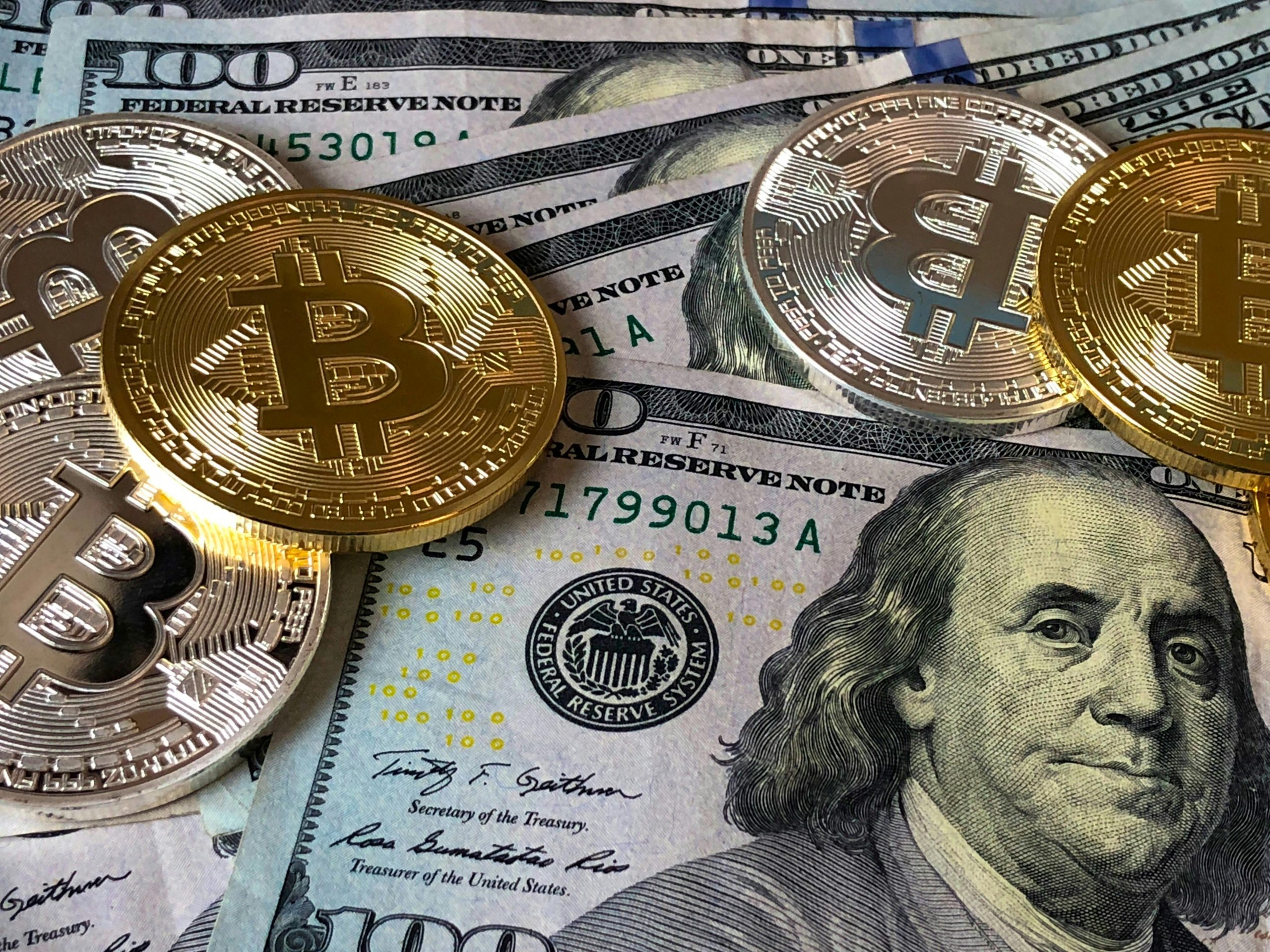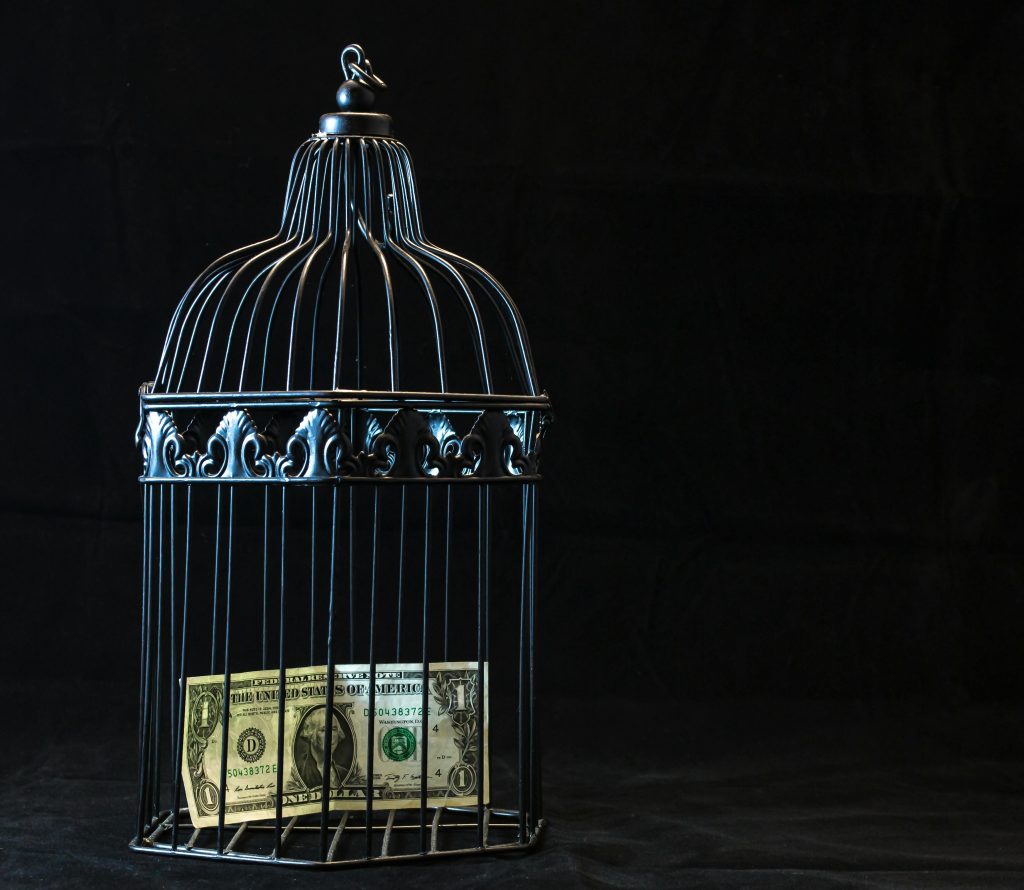Most people work for money. The smart ones make their money work for them.
Why Most People Stay Broke (Even When They Earn More)
It’s not how much you make—it’s how much you keep.
If your income goes up but your expenses rise just as fast, you’re stuck on what financial experts call the “lifestyle treadmill.” You get the raise, the bonus, or the side gig… but the bank account still feels empty.
The solution? Shift your mindset with one powerful rule: Pay Yourself First.
What Does “Pay Yourself First” Actually Mean?
Before you spend a dime on bills, food, or entertainment, set aside a portion of your income—automatically—toward savings, investing, or paying off debt.
Think of it as treating your future self like a priority.
This isn’t about skipping your rent or starving. It’s about building wealth before you spend.
How to Start (Even If You’re Living Paycheck to Paycheck)
✅ Step 1: Set an Automatic Transfer
As soon as your paycheck hits, move 10% (or what you can afford) to a savings or investment account. If you wait until the end of the month, it’s probably gone.
✅ Step 2: Use Separate Accounts
Keep your savings/investment money in a separate bank or platform. Out of sight, out of temptation.
✅ Step 3: Increase Over Time
Start small—maybe 5%—and raise it each time your income grows. You won’t miss the extra money if you never see it in your checking account.
Where Should the Money Go?
- Emergency Fund (3–6 months of expenses)
- Roth IRA or 401(k) (for long-term retirement growth)
- High-Yield Savings Account (for short-term goals)
- Debt Repayment (especially high-interest credit cards)
Remember: Every dollar you save today is a dollar you don’t have to panic about tomorrow.
Bonus Strategies That Actually Work
- 50/30/20 Rule: Spend 50% on needs, 30% on wants, and 20% on saving/investing.
- No-Spend Weekends: Reset your spending habits with short-term challenges.
- Cash Envelope Method: Physically divide spending money to control impulse buys.
The Payoff: Peace of Mind and Financial Power
Paying yourself first builds confidence. Suddenly, you’re not just reacting to bills—you’re in control. You’re preparing for emergencies, retirement, and even opportunities.
It’s not about being rich. It’s about being ready.
Final Thought:
If your future self could thank you today, they would. Don’t wait for “someday” to start saving. Make it today—even if it’s just $10.




